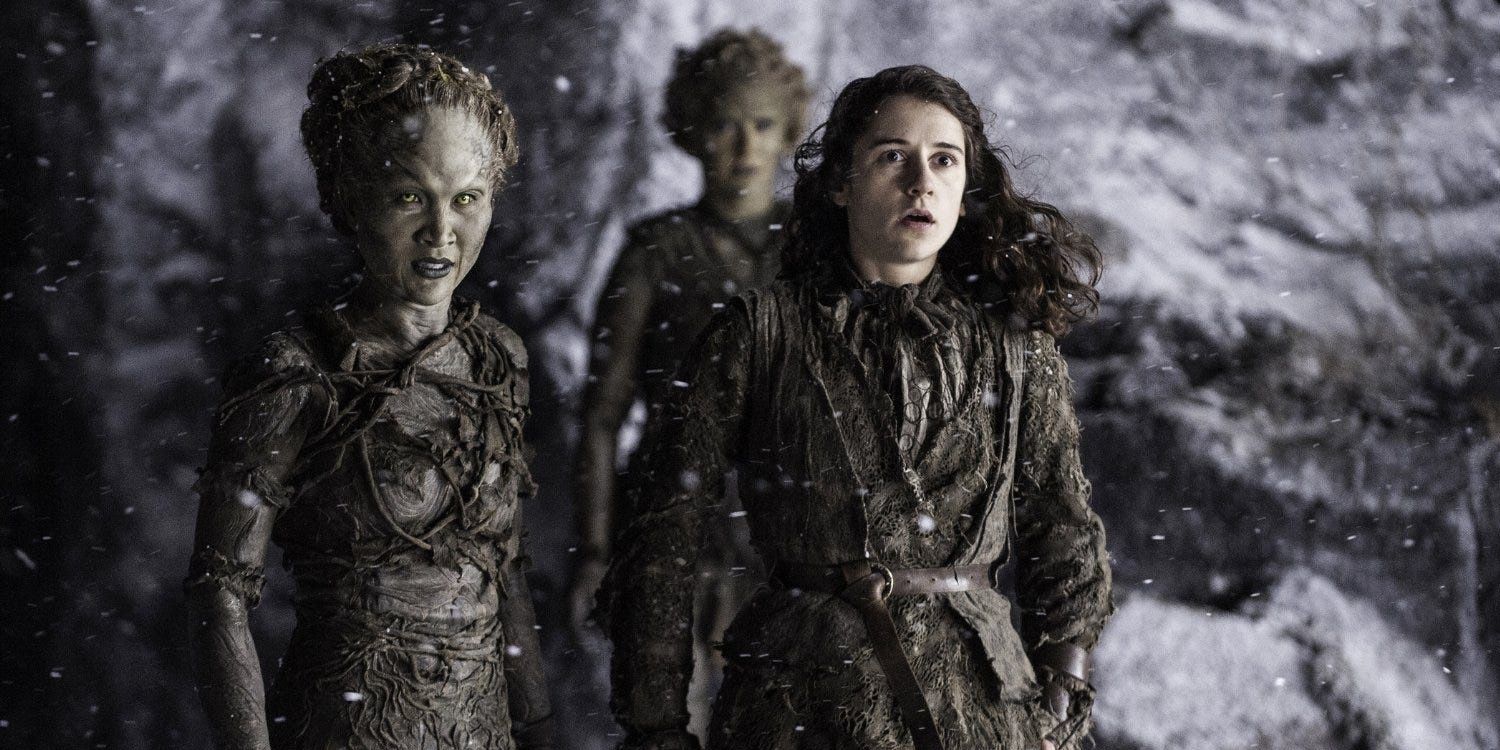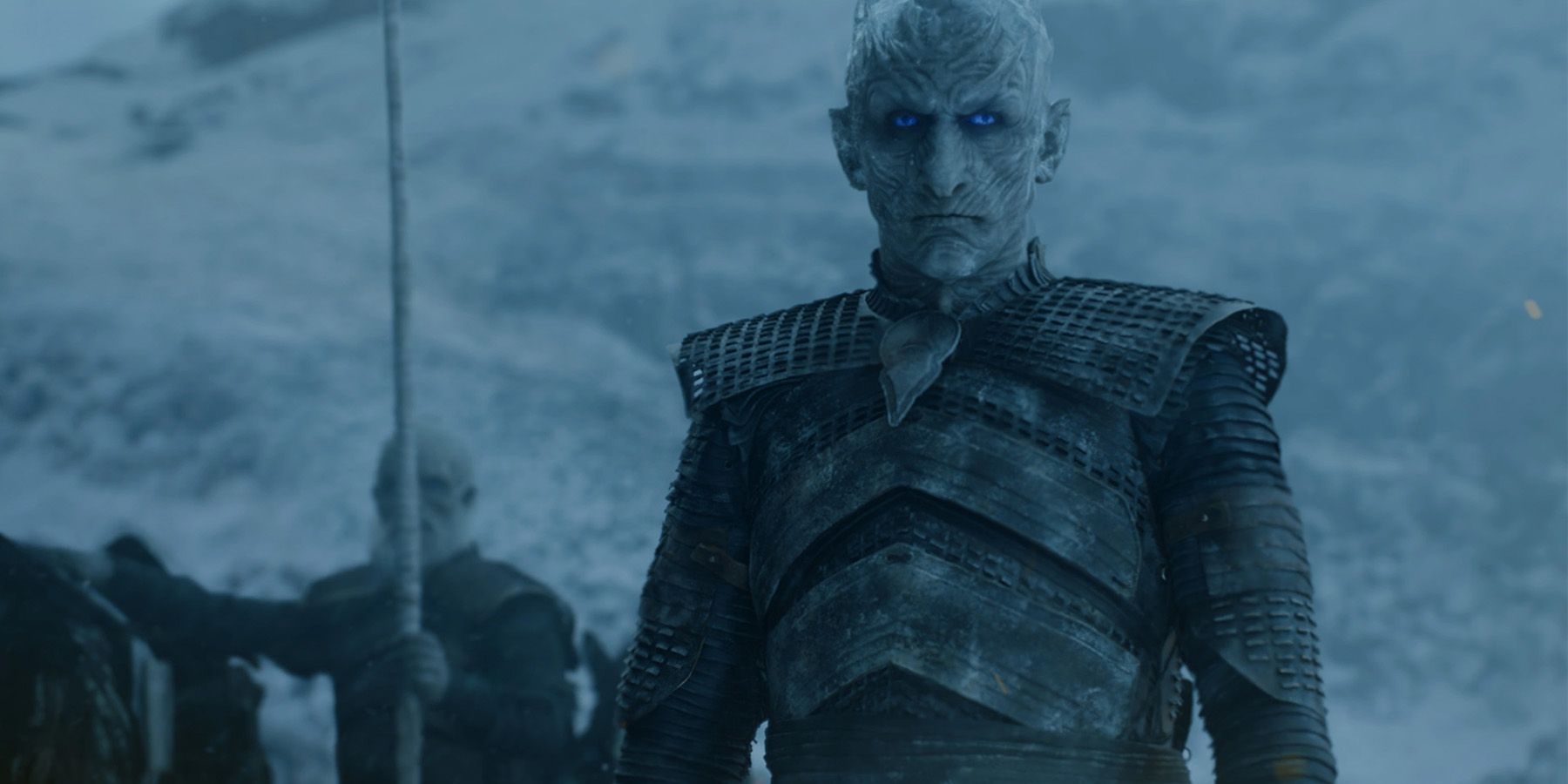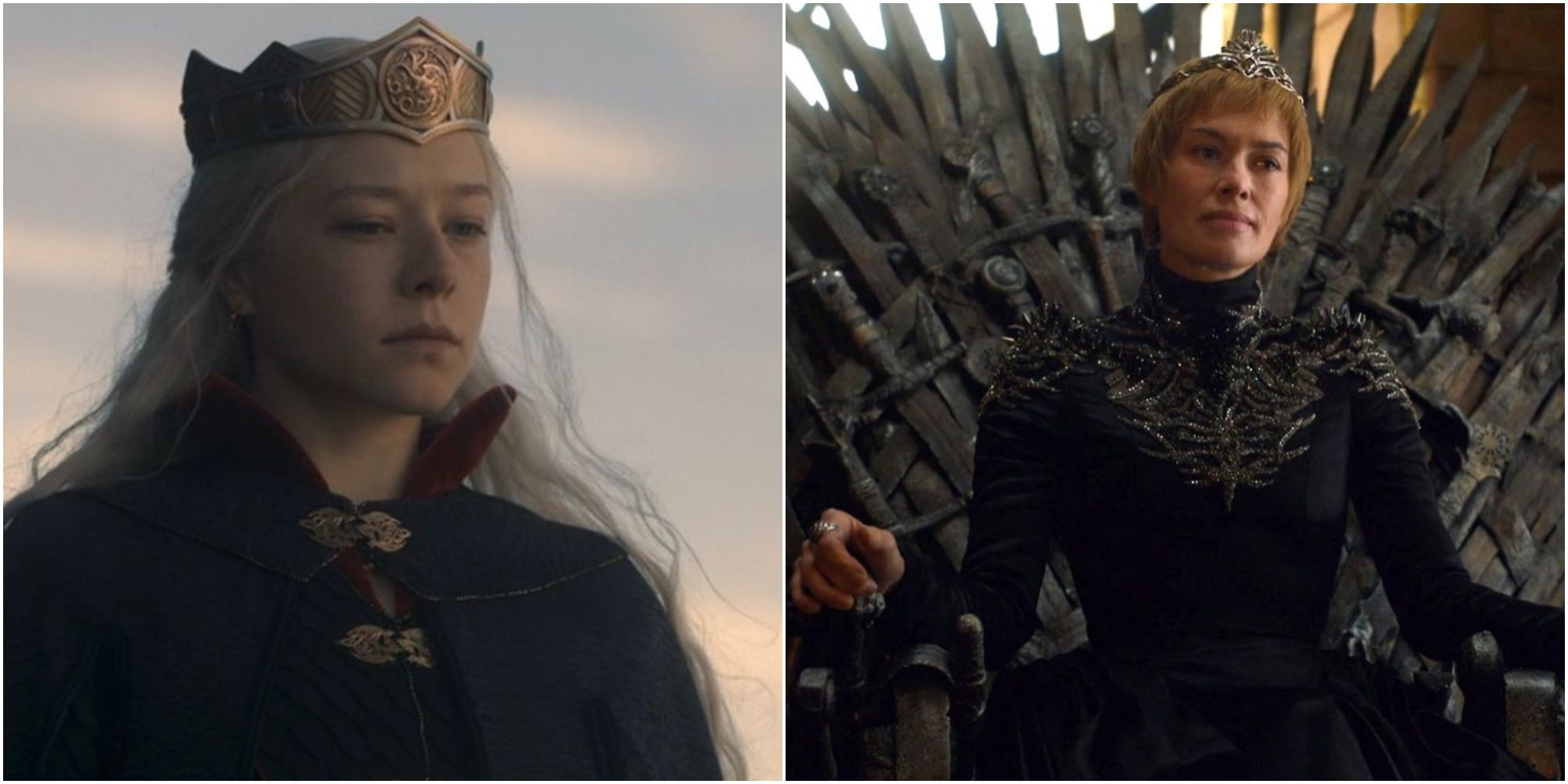
Game of Thrones: Decoding the Era of Legends

Uncover the ancient mysteries of the Age of Heroes in Game of Thrones as we delve into its historical significance and the enigmatic time period it occurred in
Game of Thrones is renowned for its realistic and historical approach to fantasy fiction. In comparison to the Lord of the Rings, A Song of Ice and Fire resembles a documentary, drawing inspiration from ancient events and the harsh realities of war and politics. Dragons and magic take a backseat, with episodes often devoid of supernatural elements. However, a deeper analysis uncovers a period known as the Age of Heroes, which delves into the realm of traditional fantasy. In the fantasy genre, a rich history is often integral, providing a backdrop for the magic and intrigue that exists within these imaginative worlds. Fans typically possess more knowledge about fictional universes like Middle-earth, Narnia, or the Discworld than they do about our own Earth and its inhabitants. The realms of Westeros and the surrounding "known world" present intriguing cases as significant portions of their history remain shrouded in mystery and lost to the passage of time.
When did the Age of Heroes take place?
The Age of Heroes commenced approximately 10,000 years prior to the events of A Song of Ice and Fire, serving as the second recorded era in Westeros' history. Preceding the Age of Heroes was the Dawn Age, which marked the First Men's arrival in Westeros after crossing the natural land bridge called the Arm of Dorne from Essos, an eastern continent. Westeros, a vast and sparsely populated land, was distinguished by its diverse climates. The land was home to the Children of the Forest, a diminutive, green-skinned humanoid species, as well as giants, who occasionally clashed with the Children for territorial control. Upon the humans' arrival, a 2,000-year-long war was ignited between the locals and the First Men, during which the First Men utilized bronze weaponry while the Children harnessed formidable magic. Despite its brutality, the contentious conflict concluded on a positive note.
Following 2,000 years of strife, the First Men and the Children of the Forest convened on an island that would eventually become the Riverlands to establish a treaty. This resulting agreement, known as the Pact, granted the majority of Westeros' land to humanity to accommodate their burgeoning population, while the Children withdrew to live in the depths of the forest. For the subsequent 4,000 years, the First Men and the Children of the Forest coexisted harmoniously, constituting what later became known as the Age of Heroes. However, rather than being characterized by peace, this era witnessed the rise and fall of countless kingdoms as rival war bands vied for territory and dominance. Ultimately, the Andal invasion, occurring 6,000 years prior to the War of the Five Kings, brought about the demise of the Age of Heroes. With the arrival and conquest of a new ethnic group, the Andals, much of Westeros fell under their control, concluding the Age of Heroes in a blood-soaked fashion.
Why is the Age of Heroes significant?
Most of the First Men perished following the Age of Heroes. However, this era witnessed the establishment or foreshadowing of several influential dynasties and kingdoms in Westeros. Bran the Builder, renowned for constructing the formidable Wall and Castle Winterfell, served as the ancestor of House Stark. Ser Artys Arryn, also known as the Falcon Knight, founded House Arryn and established dominion over the Vale. Durran Godsgrief crafted Storm's End, which eventually became the home of House Baratheon. House Lannister takes its name from Lann the Clever, who cunningly swindled House Casterly out of Casterly Rock. Furthermore, the Grey King achieved feats such as slaying a sea dragon, marrying a mermaid, teaching men the art of sailmaking, and ruling over the Ironborn. The Age of Heroes was characterized by formidable warriors and perilous creatures, and it served as the foundation for the majority of noble families and kingdoms in Westeros.
The most significant event during the Age of Heroes was the Long Night. Prior to the signing of the Pact, the Children of the Forest captured one of the First Men and transformed him into an icy and malevolent being devoid of emotion, known as a White Walker. This initial White Walker ascended to become the Night King, an immensely powerful monster capable of transforming human infants into his kind. For reasons unknown, Westeros endured a winter that spanned an entire generation. The White Walkers invaded the continent, slaying all who crossed their path and reanimating them as wights. In response, the First Men and the Children of the Forest united in the Battle for the Dawn to defeat the Army of the Dead. Although the living armies emerged victorious, forcing the White Walkers to retreat to the northernmost region of the continent, both humans and Children of the Forest suffered heavy losses but managed to survive.
The Age of Heroes, a captivating era largely unexplored in A Song of Ice and Fire, remains shrouded in mystery. These tales are merely touched upon, with every detail regarding this period being subject to dispute. Maesters, the renowned keepers of historical records, face limited sources when it comes to the Age of Heroes. The absence of written languages among the First Men and Children of the Forest further complicates matters. While it is possible that every event from this era is mere fabrication, the profound consequences of its conquests and legendary stories resonate throughout Westeros for countless generations.
Game of Thrones
First Episode Air Date April 17, 2011Where to watch HBO MaxSpin-offs House of the Dragon
Editor's P/S
Game of Thrones is a popular fantasy series renowned for its realistic portrayal of historical events and the harsh realities of war and politics. Unlike other fantasy stories that heavily rely on magic and supernatural elements, Game of Thrones often takes a more grounded approach, with episodes that sometimes lack any fantastical elements. However, the series does delve into the realm of traditional fantasy with the introduction of the Age of Heroes, a period that occurred approximately 10,000 years before the events of A Song of Ice and Fire.
The Age of Heroes is a significant era in Westeros' history, marked by the rise and fall of countless kingdoms as rival war bands vied for territory and dominance. This period saw the establishment or foreshadowing of several influential dynasties and kingdoms in Westeros, including House Stark, House Arryn, House Baratheon, House Lannister, and the Grey King. It was a time of formidable warriors and perilous creatures, laying the foundation for the majority of noble families and kingdoms in Westeros. While the Age of Heroes came to a bloody end with the Andal invasion, its legacy continues to shape the events and conflicts that unfold in the series.
















